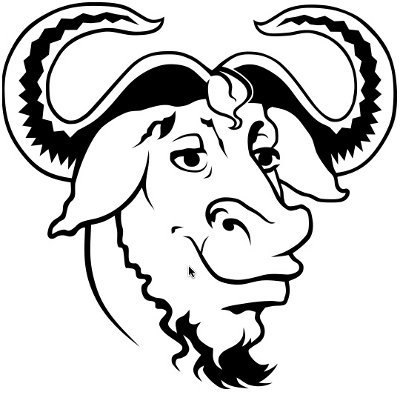The GNU General Public License (GNU GPL or simply GPL) is the most widely used free software license, originally written by Richard Stallman for the GNU project.
The GPL is the first copyleft license for general use, which means that derived works can only be distributed under the same license terms. Under this philosophy, the GPL grants the recipients of a computer program the rights of the free software definition and uses copyleft to ensure the freedoms are preserved, even when the work is changed or added to. This is in distinction to permissive free software licenses, of which the BSD licenses are the standard examples.
The text of the GPL is not itself under the GPL. The license's copyright disallows modification of the license. Copying and distributing the license is allowed since the GPL requires recipients get "a copy of this License along with the Program".
According to the GPL FAQ, anyone can make a new license using a modified version of the GPL as long as he or she uses a different name for the license, doesn't mention "GNU", and removes the preamble, though the preamble can be used in a modified license if permission to use it is obtained from the Free Software Foundation (FSF).
 ශිල්ප 64
ශිල්ප 64